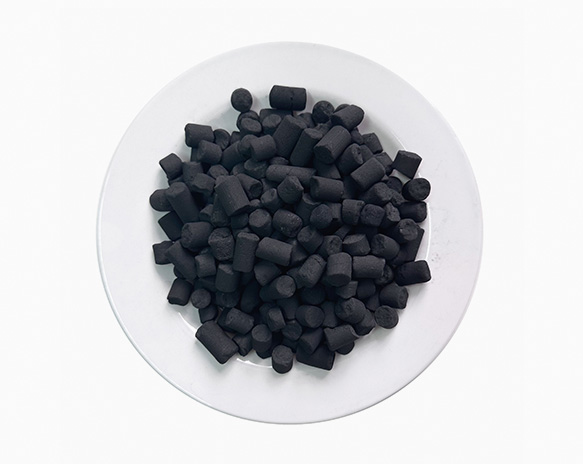
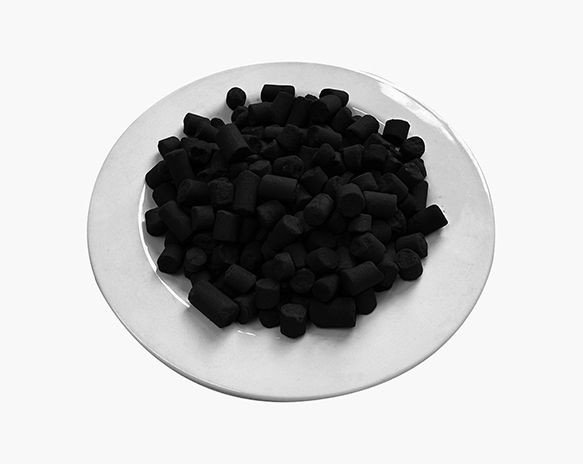


Activated coke is a kind of name different from activated carbon, its production process is similar to that of activated carbon, only that the parameters such as specific surface area and pore volume do not reach the index of activated carbon, but it has a certain adsorption capacity, especially for some special occasions, its adsorption capacity is even more than that of activated carbon.
Granular activated coke is a kind of coal-based activated carbon with great pore capacity and high proportion of mesopores. Its production method is to take semi-coke as raw material, add special binder after grinding and then catalyst pressing molding, and then get activated coke products after carbonization and shallow activation.
1. Activated coke pore capacity is huge, one ton of activated coke can adsorb 200-300kg of organic matter.
2. Pore (pore diameter: 2-50nm) accounted for 40-60%, the main adsorption of sewage in the diameter of 1-20nm difficult to degrade long-chain organic matter.
3. Mainly remove COD, color; synchronization can adsorb a small amount of organic nitrogen, organic phosphorus and odor in the sewage, etc., the transparency of the effluent is more than 5 meters.
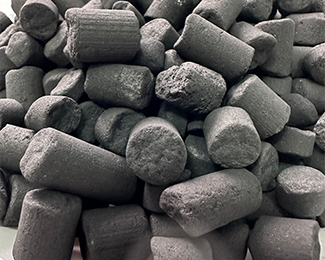
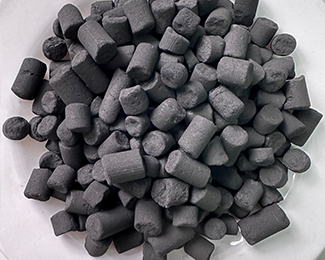
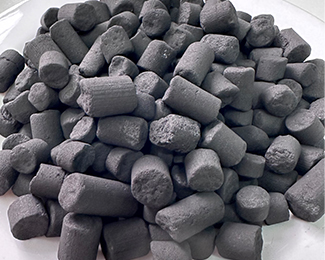
Activated coke can effectively recover the SO2 in the flue gas, which can be used for the production of sulfuric acid, liquid SO2 or sulfur, etc., to realize the resourceful use of SO2; the process is short, no waste emissions, high exhaust temperature, small footprint; desulfurization can be effective in removing NOx, heavy metals and other hazardous substances, and can be used to purify coal-fired flue gas, fuel oil flue gas, garbage incineration flue gas, sintering machine flue gas and other flue gases, It can also be used to purify coal-fired flue gas, fuel oil flue gas, garbage incineration flue gas, sintering machine flue gas and so on.
Deep treatment at industrial park wastewater treatment plants;
Deep treatment of municipal wastewater treatment plants containing industrial wastewater;
Deep treatment of difficult to degrade industrial wastewater (petrochemical, printing and dyeing, pharmaceutical, etc.).